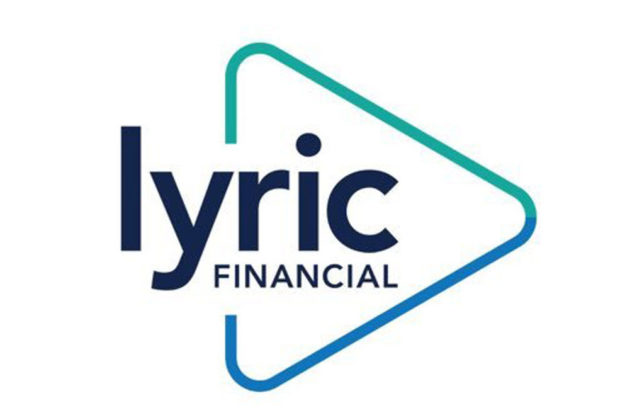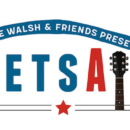There’s a land grab underway in artists’ rights. Wall Street and private equity are buying up artist and songwriter catalogs like flies to honey. And an ever-growing crop of digital distributors and tech startups are promising free money or credit card-like deals to independent artists. The former always makes money for themselves, often at the expense of the artist or writer. The latter are dizzy with venture capital, advancing against future royalties with promises that are not always what they seem.
Lyric Financial has always marched to a different beat, with a proven 15-year track record providing financial support to artists throughout their careers. Run by music industry veterans, the company has worked to create a viable and trustworthy approach to music financing. Drawing on founder Eli Ball’s background as an artist manager, record producer, and investment banker, the company strives to create solutions that work to balance the clients’ personal needs and career goals. With over $100 million in funding provided to thousands of clients around the world, the company continues to innovate in a space currently filled with bluster and broken promises.
“When clients come to us, we think like old-line record producers,” explains Ball. “They were more like super A&R directors, listening first to what the artist wanted to accomplish, then helping them realize their vision using whatever tools were needed, whether that be musical, technical or motivational. They acted as a coach, guiding and supporting them through the process.”
Always ensuring that artists keep their rights, Lyric Financial helps artists make their dreams and goals real by offering a menu of products to fit every need, including royalty advances, credit lines, catalog and business loans, master and publishing acquisition facilities, and increasingly automated financing through its vATM product, currently offered to Tunecore customers. The vATM allows artists and labels to see their forecasted earnings and request an advance in less than a minute. To date, Lyric Financial has funded over 22,000 advances to Tunecore customers in 32 countries.
Understanding clients’ business is key to creating deals that help them achieve their goals. And sometimes, Ball emphasizes, artists need to hear some challenging advice: “Sometimes it’s not comfortable. Sometimes you have to tell them what they don’t want to hear,” Ball reflects. “Even when you’re talking to established clients, the reasons they need the financing can vary. The first question is not ‘how much do you need?’ but rather, ‘what are you trying to solve for?’ We go from there.”
Lyric Financial was one of the first companies to provide royalty-based financing to musicians and independent music companies that the banks didn’t understand. Two decades ago, Eli Ball decided to merge his two passions--music and financing--and strike out into unexplored territory. He wanted to create a way to give artists the ability to hold on to their most precious asset, while getting timely and trustworthy financing when they needed it.
The landscape at the time was daunting for artists seeking financing based on their rights or current deals. Deals were all relationship based, and artists did not have much leverage. “You had two choices then,” Ball recalls. “Getting an advance, meant the terms of the deal with your label or publisher changed, i.e., got more expensive. You take their money, the deal changes, and not necessarily to the benefit of the artist. And that would take weeks to get approved. Either way, sometimes it meant the artist or songwriter had to take a different split. The system just wasn’t set up to be fair or efficient.”
Neither were traditional banks, who struggled to see how artists fit into small business lending. “When I’d talk to bankers they’d say they didn’t see the need. They were focused on high net-worth clients,” notes Ball. There were also geographic and financial challenges for artists seeking financing: “55% of the folks who earned royalties didn’t live in media center cities with a bank that specialized in lending to entertainers, and many made less than $25,000 a year,” he explains. “There was a huge market of people who weren’t served by the banking industry and weren't served by the music industry per se at the time.”
Ball decided to find a better way for artists to access money when they needed it and to do it in a way that best served artists. From its founding, Lyric Financial has remained committed to the principle of coaching clients through challenging times via responsible financing. “If it sounds too good to be true, it is,” states Ball. “There’s no free money. A lot of these new royalty advance companies and fintech startups out there are all hat, no cattle. We think artists deserve better.” And they’ve proven it, tens of thousands of times.
More at Lyric Financial website.














